Entrepreneur Profiles
Social Entrepreneur Profile: Marcio Waked, Founder, Bio Fair Trade
7 September 2016
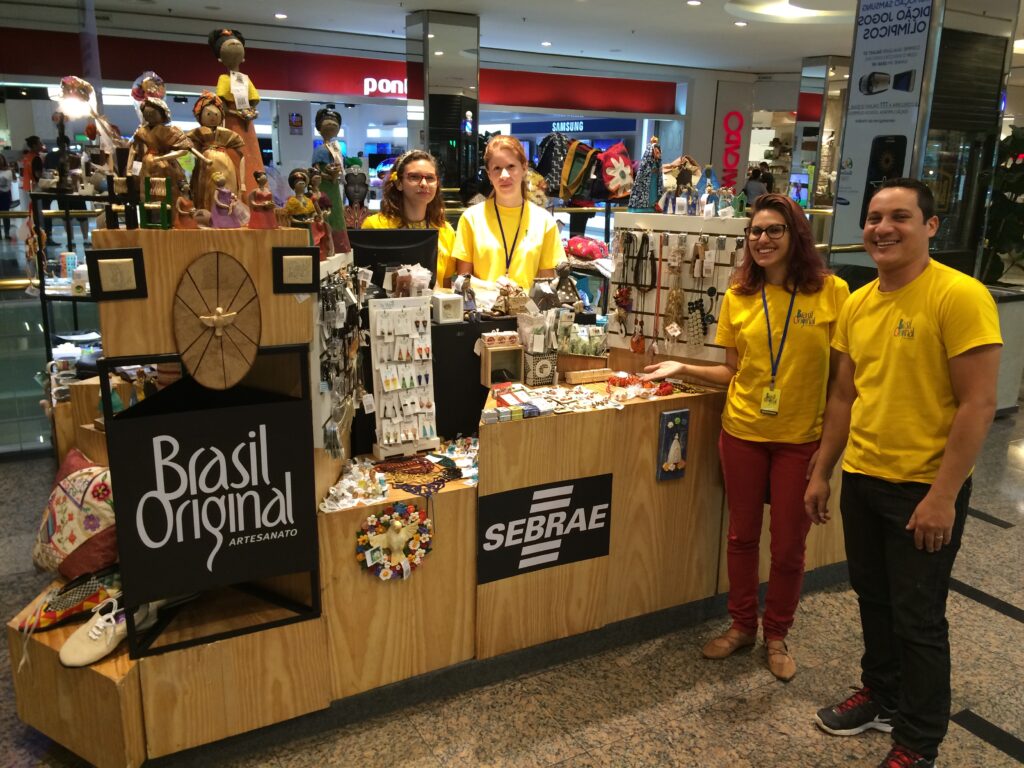
Following a US$30k investment made by NESsT in 2014, LAVCA spoke with Marcio Waked, Founder of Bio Fair Trade about generating sustainable income for artisans in Brazil and how the Projeto do CRAB (Centro SEBRAE de Referência do Artesanato Brasileiro), a 4,500 m2 renovated space inside three historic buildings in Rio de Janeiro, has helped to draw visibility to Brazilian artisan culture amidst Rio2016 and the Paralympics. Bio Fair Trade’s operational costs are currently covered with revenues and they have plans to double sales over the next five years.
LAVCA: Bio Fair Trade sells products of small groups of artisans, within the fair trade principles, supporting the development of its production and generating sustainable businesses, providing income to hundreds of artisans each year. How did you start Bio Fair Trade, and what problem were you trying to resolve?
Waked: I’ve been volunteering for Casa da Esperança (House of Hope), an NGO that does social work in low-income communities in Recife, Brazil, for over a decade. At the time my former partner Fabiana and I were looking for an income-generating activity for the mothers of the children at our daycare. We came across the Fair Trade framework and decided to support small, productive artisan groups. The biggest problem we identified is their ability to commercialize their work. So we launched Bio Fair Trade with the mission of supporting these artisans and commercializing their products, helping them do sustainable work that generates income and ultimately improves their quality of life.
 LAVCA: What is the need for Bio Fair Trade in Brazil? How else do artisans like the ones you’re working with otherwise sell their products?
LAVCA: What is the need for Bio Fair Trade in Brazil? How else do artisans like the ones you’re working with otherwise sell their products?
Waked: SENAES, the Secretaria Nacional de Economia Solidária, published some research indicating that the biggest problem, for more than 70% of artisans, is commercialization. Many of them do not have access to market information or even spaces to sell their products. Hence the importance of Bio Fair Trade that, in addition to training, we’re working with product designers to open new marketing channels in Brazil and abroad.
LAVCA: What kind of deals have you done to distribute products in Brazil or internationally?
Waked: In Brazil, we are regular suppliers to retailers Tok & Stok and Ferreira Costa, and we provide VIP corporate gifts for the Caixa Econômica Federal. Internationally, we are suppliers to Solidar Monde, a fair trade shop network in France, and Barbosa Fair Trade in the Netherlands, which distributes our products to more than 400 Wereld Winkel stores.
Based in principles of Fair Trade, transparency is one of the hallmarks of our negotiations. We never ask discounts for artisans. However, we guide them on the market so that they can create and price products that are commercially viable.
 LAVCA: What is your relationship with SEBRAE, and how has it helped Bio Fair Trade? Can you tell us about the artisan store you rolled out at Rio2016 and the Projecto do CRAB?
LAVCA: What is your relationship with SEBRAE, and how has it helped Bio Fair Trade? Can you tell us about the artisan store you rolled out at Rio2016 and the Projecto do CRAB?
Waked: We have a great relationship with SEBRAE, Serviço Brasileiro de Apoio às Micro e Pequenas Empresas (Brazilian service of assistance to micro and small enterprises), across most of Brazil. Today Bio Fair Trade is a reference for commercializing artisan products in Brazil. As an indication of our recognition for expertise and competency in this area, we were invited to participate on the jury of the last two editions of the Prêmio Nacional TOP 100 de Artesanato.
The Projeto do CRAB (Centro SEBRAE de Referência do Artesanato Brasileiro) is one of the most significant artisan projects in Brazil. It’s a 4,500 m2 space inside three historic buildings in Rio de Janeiro that were renovated to house and draw visibility to Brazilian artisan culture. During Rio2016 and the Paralympics this space and the artisans will get exposed to tourists in town for the Olympics.
LAVCA: Please describe your relationship with NEsST.
Waked: NESsT’s support goes beyond the R$30k we won in 2014 and extends to all the development and training that has helped us reach new goals in terms of income and social impact. Without a doubt, our history can be divided into “before NESsT” and “after NESsT”.
LAVCA: Have you received any additional financing to start or grow the business?
Waked: Not yet, we have not had any direct investment. All of our operational costs are currently covered with our revenues.
LAVCA: How have you/do you plan to use the financing from NESsT?
Waked: We developed our business plan in partnership with NESsT. This plan targets operational improvements through the opening of new international marketing channels; improving communication on digital channels; training our employees; and investing in equipment and software.
LAVCA: Does Bio Fair Trade actively collaborate with the government in Brazil?
Waked: We’ve had a number of meetings and activities to promote fair trade with the municipal government, with the aim of making Recife a Certified Fair Trade City. We’ve also mobilized to propose changes in the legal framework that regulates taxes for handmade products in our state of Pernambuco.
 LAVCA: What is your growth plan? How much of the artisan market do you want to support in Brazil versus how big the market is?
LAVCA: What is your growth plan? How much of the artisan market do you want to support in Brazil versus how big the market is?
Waked: Today we’re working with over 300 artisan groups in every region in Brazil. Our plan is to double that number over the next five years. We don’t have a precise estimate of the potential of the artisan industry in Brazil. But benching on our own growth in the past few years despite the crisis, and contemplating SEBRAE’s investments in crafts-related projects and the more general market trend to consume sustainable products, we think we can double our sales over the next five years as well.
LAVCA: What do the long-term opportunities created by Bio Fair Trade’s growth and success mean for the local community?
Waked: My Master’s research demonstrated the importance of Bio Fair Trade’s work in income generation and improvement of quality of life for artisans and their families. This impact echoes in improved living conditions and food and education for the direct and indirect beneficiaries of that income. And there are a lot of people who depend on selling their products to sustain their families.
LAVCA: In your experience, what are the biggest opportunities for creating and growing a social business in Brazil/Latin America?
Waked: There are a lot of demands in the areas of education, health, and income generation. Brazil is living through a very difficult time with the rising rate of unemployment, and the instability of the health and education systems.
LAVCA: And what are the biggest challenges you face?
Waked: Our biggest challenges right now are growing pains. We need to progress and improve our processes, capacity, and communications to keep growing steadily and sustainably and open into new markets.
Follow Bio Fair Trade on Facebook.
You may be interested in...
-
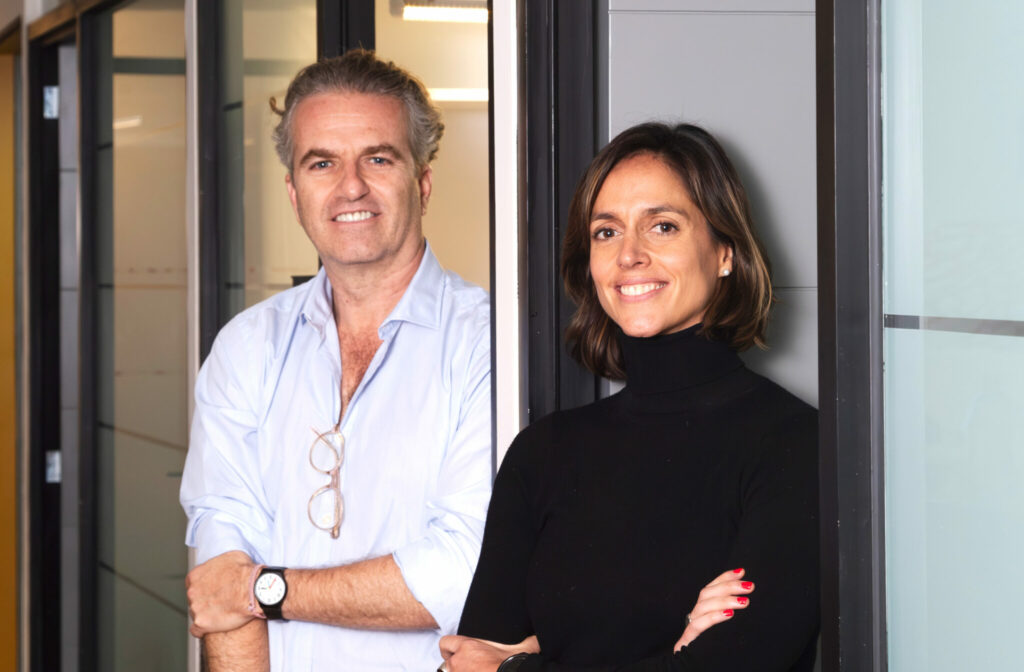
Is AI a Thing in Latin America? In Conversation with Hi Ventures
LAVCA sits down with Hi Venture to discuss their evolving thesis and vision for...
-
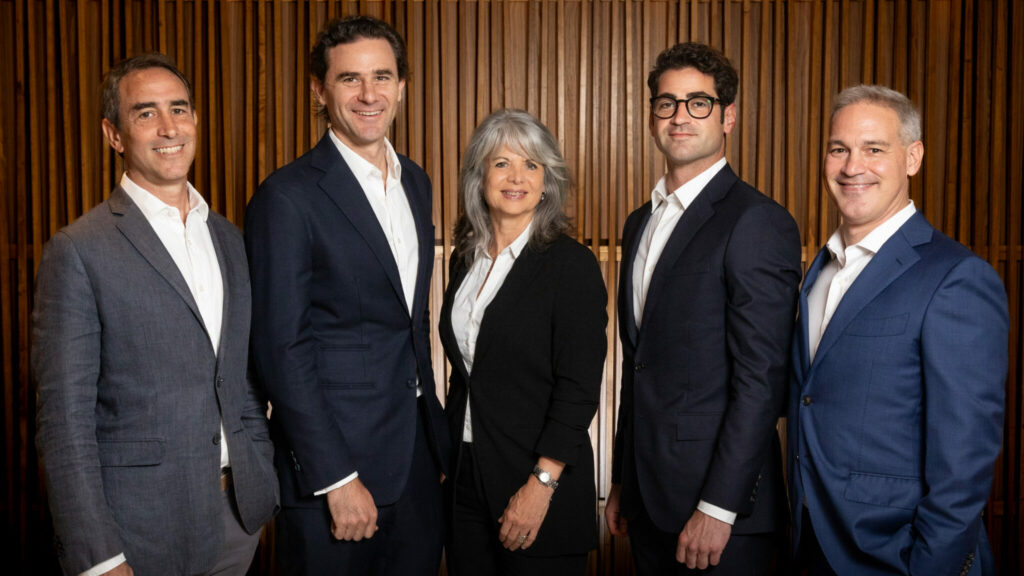
The Future of B2B Startup Investing in LatAm: In Conversation with NXTP
NXTP Ventures recently reached a USD98m final close for NXTP Fund III, its third...
-
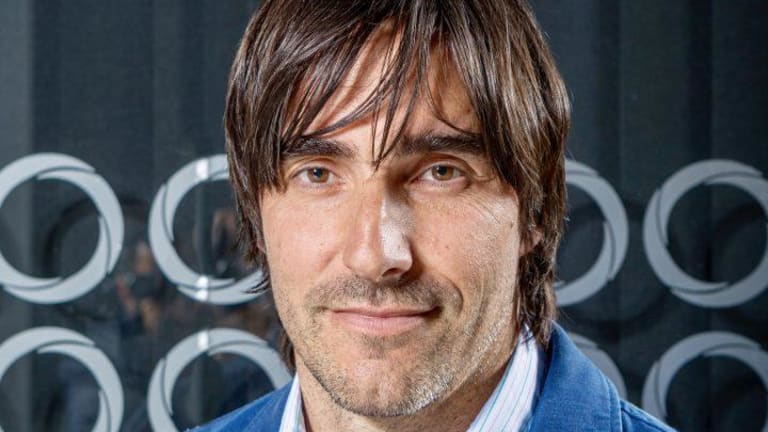
A 20-Year Journey: An Interview with Technisys CEO Miguel Santos
Company: Technisys Investors: KASZEK, Dalus Capital, Riverwood Capital Interview...
-
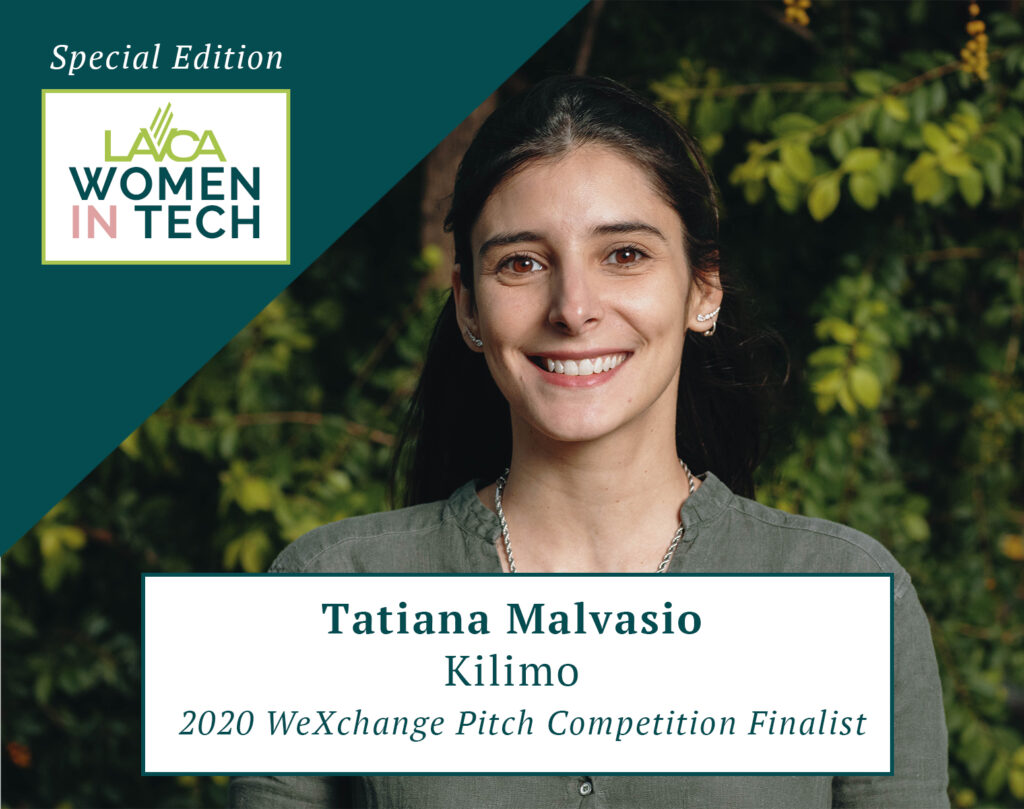
Satellite Analytics & Irrigation Systems: Interview with Kilimo COO Tatiana Malvasio
Company: Kilimo Investors: NXTP Ventures, Alaya Capital, The Yield Lab, Xpand...